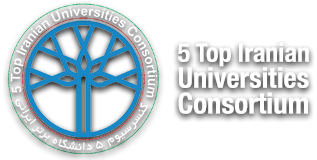Sharif University of Technology
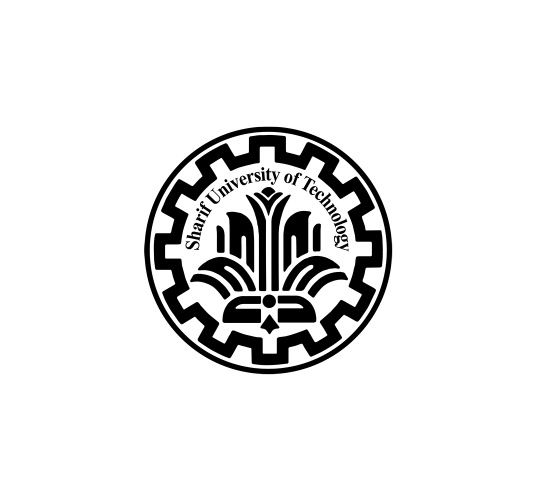
Sharif University of Technology (SUT) is the highest ranked technological university in the Islamic Republic of Iran. It was established in 1966. SUT has expanded its services and today, it comprises 13 different departments in science and engineering. All departments offer B.S., M.S. and Ph.D. degree programs. SUT has established several research centers. These centers, while maintaining their own separate identities, co-exist within the university system. This arrangement gives individual researchers the opportunity and flexibility to conduct research while establishing a working relationship between the university and industry. Currently, SUT has 12000 students, half of whom are graduate students and one-third of the students are females. The university has 484 faculty members, one third of whom are full professors. SUT is proud of the body of over 40,000 alumni who have contributed immensely to science and technology, industry, business, and, indeed, politics, worldwide. Alumni such as late Prof. Maryam Mirzakhani, the first woman to win the Fields medal in Mathematics, have shaped Sharif’s global reputation as delivering some of the world’s most rigorous educational programs.
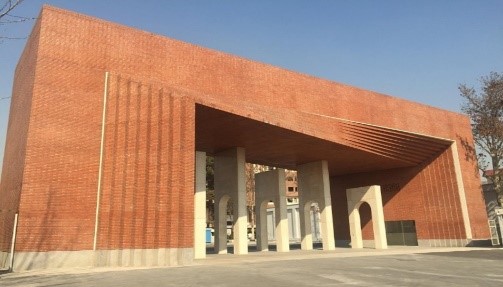
According to QS 2020 Rankings, SUT has been ranked:
-
407th in the world
-
308th in the world for Engineering and Technology
-
38th in the world for Citation per Faculty
-
151st-200 in the world for Civil and Structural Engineering and for Statistics and Operational Research
-
251st-300 in the world for Electrical Engineering, Materials Science and Engineering, and Mechanical and Aerospace Engineering
-
301st-350 in the world for Computer Engineering and Mathematical Sciences
-
401st-450 in Chemistry
-
451st-500 in Physics and Astronomy
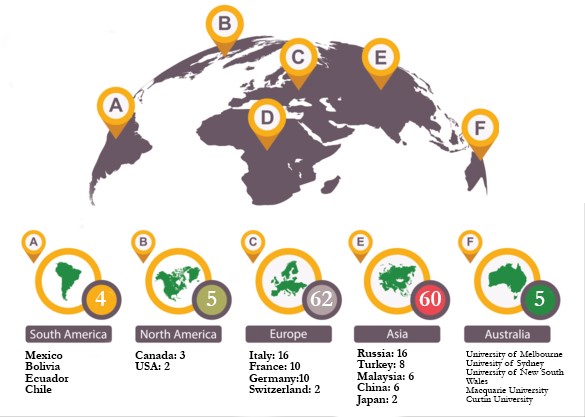
SUT has signed around 140 MoUs with prestigious universities all around the world. These include 62 European universities, 64 Asian universities, 5 universities from the North America and 5 Universities from Australia. Over 65% of these MoUs have been implemented in terms of student/faculty exchange agreements, PhD Dual Degree Agreements, Establishment of Joint Research Centers (e.g., with Melbourne University on Water Management and with Shanghai University on Functional Nanomaterials) and Conducting Joint Projects. Top international institutions, such as Hong Kong University of Science and Technology (HKUST), University of Waterloo, Macquarie University, Politecnico di Milano, University of Milan, and University of Grenoble Alpes have set up PhD Dual degree programs with SUT, further showing the global recognition of its programs. Moreover, SUT has signed 19 student/faculty exchange agreements with universities like POSTECH (South Korea), OSAKA University (Japan), Waseda University (Japan), IITB (India), Saint Petersburg University (Russia), and Bilkent University (Turkey).
PhD Dual Degree Agreements with 8 Universities:
 |
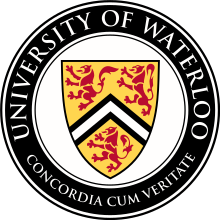 |
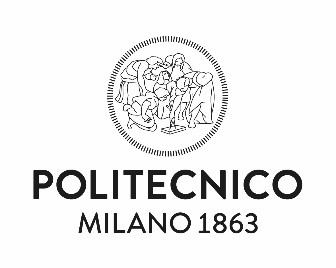 |
 |
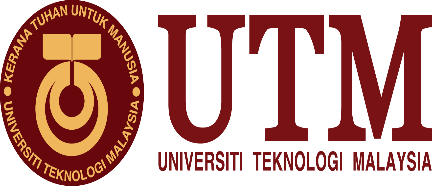 |
 |
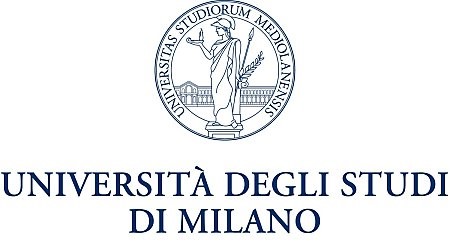 |
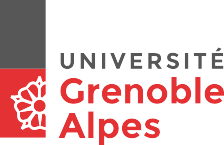 |
Student/Faculty Exchange Agreements with 13 Universities:
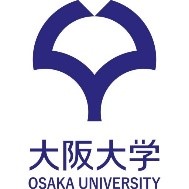 |
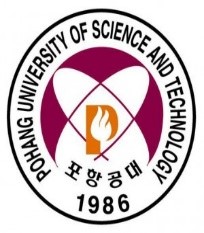 |
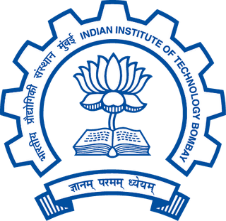 |
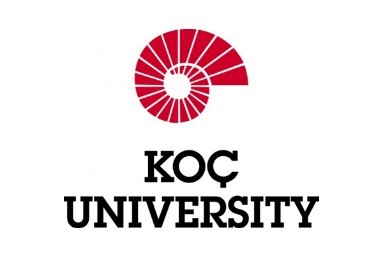 |
 |
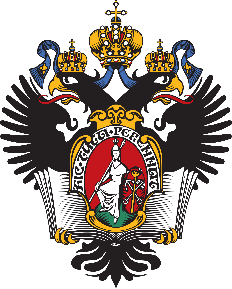 |
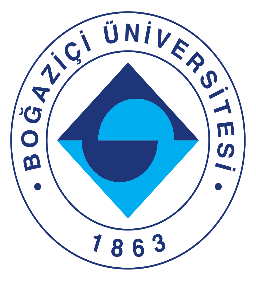 |
Joint Research Initiatives in SUT’s Internationalization Strategy
Since embarking on research-oriented path in early 80s, research has come to the fore for Sharif University of Technology. Publishing results of researches in high quality journals (about 1700 papers per year), establishing interdisciplinary research institutes (15 research institutes so far), doing projects in the state-of-the-art science and technology (e.g., designing artificial skin, ultra-strong concrete using Nano-technology, etc.). and defining joint projects in conjunction with various industrial sectors (for example, development of infrastructure for Iranian Telecoms Companies providing services to about 50 million subscribers, and designing the high-tech equipment for Tehran Metro) are the main models of SUT’s research activities.
In a similar vein, SUT is keen on furthering its research activities in cooperation with its international partners within the framework of the above-mentioned models. To this end, so far SUT has established two joint research centers in Water Management and Functional Nano-materials in conjunction with Melbourne University, Australia and Shanghai University, China, respectively. Moreover, more than 25% of SUT’s publications are co-authored papers with international scholars. It is lamentable that the share of French institutes in SUT’s co-authored papers is only about 4% (compare with 34% of the US and 9% of Germany). On the other hand, we highly appreciate cooperation with our partners in developing the ideas and technologies created at SUT, from the preliminary stages up to bringing them into the international market. Finally, SUT has been actively involved in doing international mega-projects in cooperation with international organizations and universities, for which the following cases can be mentioned as some examples:
-
Urmia Lake Restoration Project (in Cooperation with UN and JAICA (Japan))
-
Optimization of Energy Consumption in Buildings Project (in cooperation with different companies and organizations in Germany, Austria, Italy, Czech, and France, in particular French Chamber of Commerce and Industry (CCI France))
-
Offering Educational Programs for Experts of Oil and Gas Industries in Oman in cooperation with Sultan Qaboos University (SQU).
-
Technology Development for Increasing Production at the Koupal Oil Field (10 Billion barrels) in cooperation with Gubkin University of Oil and Gas, Russia
-
Contract with Danieli Company, Italy for offering training programs for industrial experts.
-
Agreement with Nestle Company for joint projects in Water Treatment.
In this regard, we would be happy to see more French universities and organizations amongst our strategic partners.
To be more specific, SUT has defined its priorities for research activities as follows:
-
Energy
-
Health
-
Water and Environment
-
Oil and Gas
These are the umbrellas which can include many topics of mutual interest; for example, projects related to automotive industries (for which Iran and French companies like Peugeot and Renault have long collaborated successfully), nanotechnology, electronics, information technology, bioengineering, and management and economics.
To conclude, we highly appreciate and welcome any win-win scenario for establishing and expanding joint research initiatives with our international partners, particularly French universities, in the above-mentioned themes and models. Further, it goes beyond saying that we are interested in exploring new models and topics of mutual interest.
We are proud that the quality and authority of our researches and the success of our projects are well reflected in the facts that SUT is now ranked 38th in the world for citation per faculty (QS 2020) and 19th for Industrial Income (THE 2020).
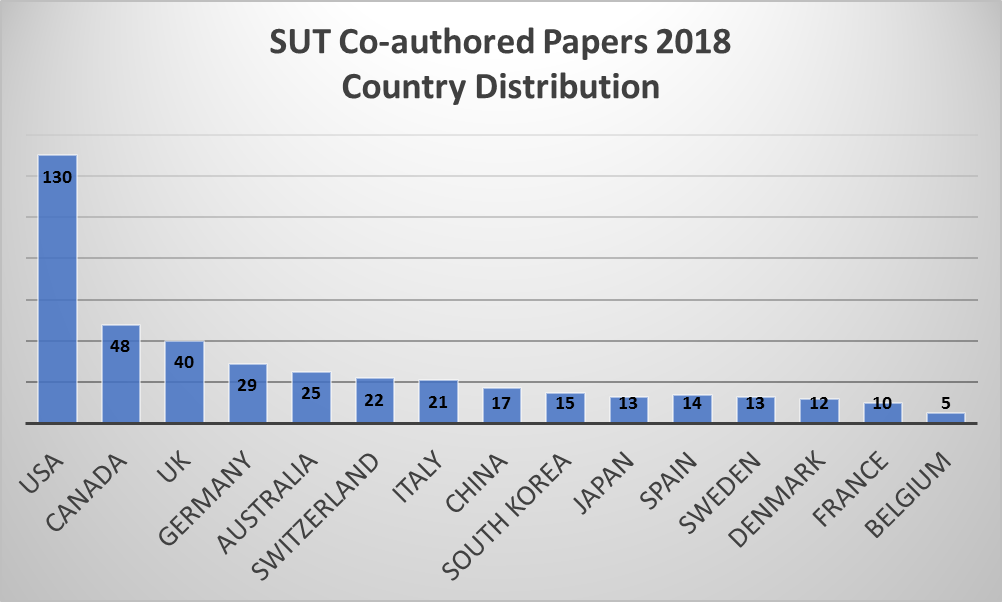
Joint Research Centers:
-
Iran-Australia Joint Centers (in cooperation with Melbourne University, Australia)
-
Joint Center on Functional Nanomaterials (in cooperation with Shanghai University, China)
